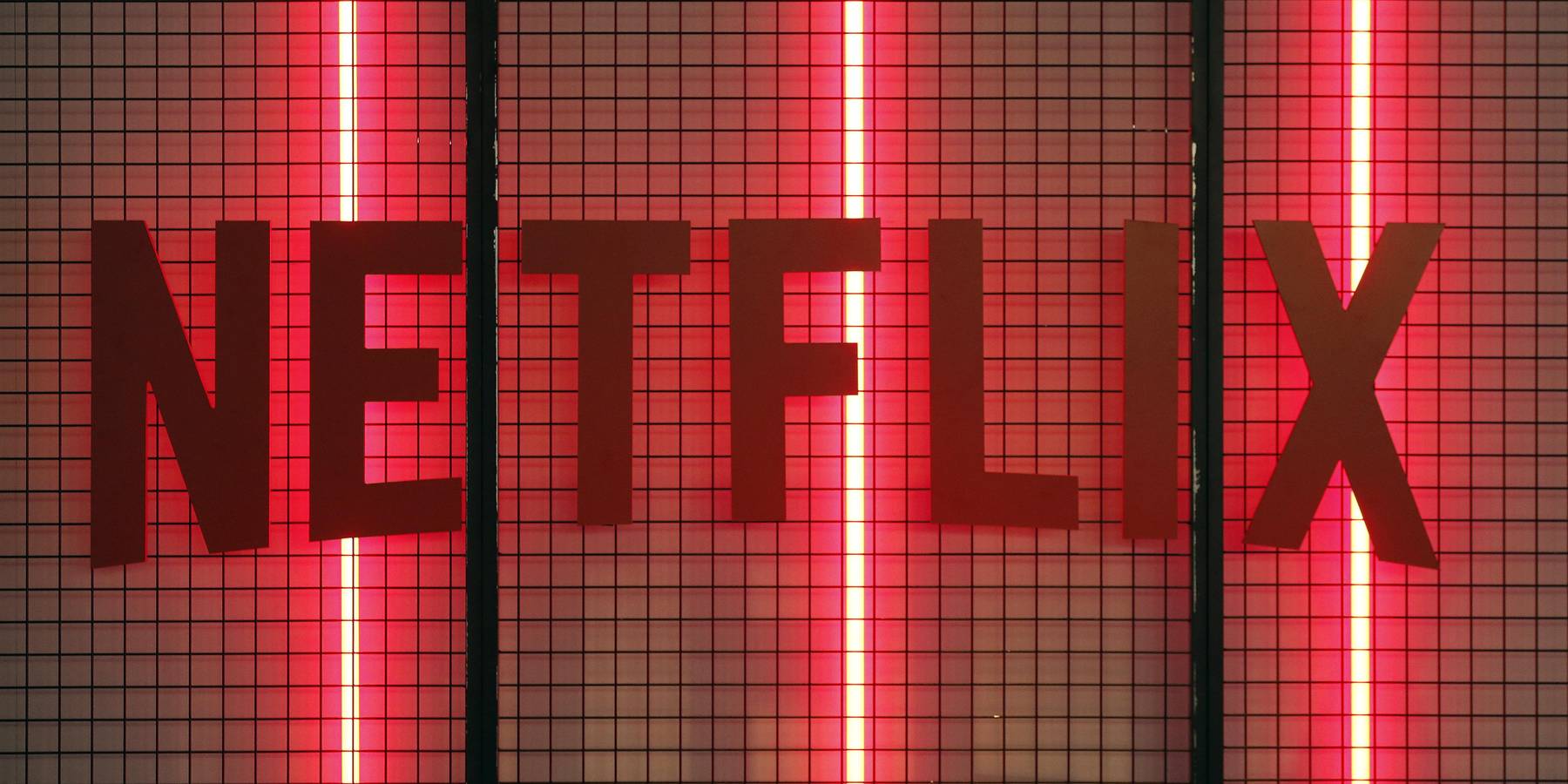Update: 2/3/2023: Netflix’s communications director, Kumiko Hidaka, corrected the initial policy that said the streaming giant's new policy required users to log into their home device once every month for verification and once a week if traveling. "For a brief time on Tuesday, a help center article containing information that is only applicable to Chile, Costa Rica, and Peru went live in other countries. We have since updated it."
Original 2/2/2023: When Netflix announced that they were planning to crackdown on password sharing last year, it was expected that there would be a bit of backlash.
One of the streaming goliath's main selling points was that it was an affordable alternative to standard cable that could be watched across multiple devices and can be share with family and friends who might otherwise not be able to afford their own subscription. Even Netflix themselves touted that "love is sharing a password" in a 2017 tweet that has since come back to haunt them. But as slipping profits and decreasing market share have pushed the company to find new ways to recoup their losses, it's coming at the cost of alienating their user base.
Now Netflix has begun to roll out their anti-password sharing measure which calls for a "trusted device" that requires you to open the app and watch something while connected to your primary WiFi network once every 31 days to ensure uninterrupted access to the service. If you happen to be away from that primary location for a period longer than 31 days, you will either have to go through a two-factor verification process that involves a four-digit code sent to the account owner's email that you will have to enter within 15 minutes or end up locked out of your profile.
While it doesn't appear to be in place, a support page detailing the new password policy seems to suggest that you may be automatically charged every time a device outside your household logs in. They will also be tracking "IP addresses, device IDs, and account activity from devices signed into the Netflix account” to ensure that these streaming freeloaders won't be able to watch the latest season of The Crown even if they wanted to (and don't even think about using a VPN to watch shows not available in your country).
Couple that with Netflix recently rolling out an ad-supported tier and a proliferation of competitors like HBO Max, Paramount+, Peacock, Amazon Prime, Disney+, Hulu, etc., it feels like streaming services are starting to look a lot like the cable packages they were originally meant to replace.
As expected, nobody likes the new changes and as the cost of living continues to rise, many are straight up threatening to delete their accounts altogether rather than put up with paying for the luxury. Others have criticized Netflix's content for not being worth hassle anymore with many claiming that they will just start torrenting movies and shows instead.
\u201cNetflix:\u201d— Public Enemies Podcast (@Public Enemies Podcast) 1675340467
\u201cCancel Netflix. They just lost my business. "Password-sharing" is not a thing, it's called password-using. This is regressive bullshit borne out of capitalist greed to squeeze more money out of us. People paid for a password and they use it wherever they go.\u201d— Fifty Shades of Whey (@Fifty Shades of Whey) 1675292609
\u201cthanks to netflix everyone born after 1998 is about to learn what a torrent is.\u201d— Ally Maynard (@Ally Maynard) 1675294172
\u201cnetflix does not have enough good content to be acting like this\u201d— liz says go birds (@liz says go birds) 1675218294
\u201cexcited for netflix to learn the hard way that they\u2019re the first streaming service on the chopping block for most people\u201d— Braddington (@Braddington) 1675216499
All that being said, if Netflix truly feels strapped for cash, they might want to look at their unironic IRL Squid Game spin-off's $4.56 million jackpot as an alternative. Just a thought.
Photo via Getty/Chesnot
